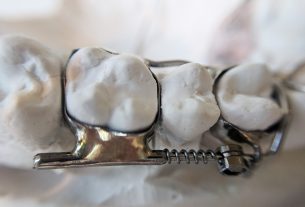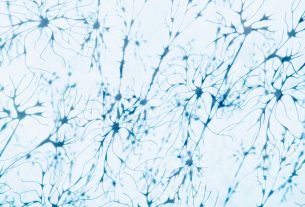Masturbation comes with a variety of health benefits that help all primates – even humans – survive and thrive, and may have helped our species evolve, according to a British study.
Indeed, the practice of masturbation is something seen throughout the animal kingdom, though it is most widely associated with humans. However, the researchers behind this study believe that it is also something likely present throughout humanity’s evolutionary history, present in the last common ancestor of humans, monkeys, and apes.
As a subject of research, masturbating has thus far not been given a lot of academic attention as it has been considered to be a byproduct of sexual arousal or pathological behavior. Another reason for this lack of scholarly research is that previously existing data has been too vague for researchers to get an idea of when this sort of behavior manifested.
However, this recent study in the peer-reviewed academic journal Proceedings of the Royal Society B hopes to fill this gap. The study found that masturbating may have helped animals, especially male primates, be successful in reproducing.
How does masturbation help with reproduction?
As the researchers noted, masturbating without ejaculating can actually increase sexual arousal. This could be utilized as a strategic tactic by males to make sure their sex drive doesn’t go down during mating and make sure they finish faster.
Another benefit of masturbation is that it essentially purges away inferior sperm, which means that only the freshest and highest-quality sperm is left behind for mating. This higher quality can help ensure a male’s sperm is successful against competition in reproducing.
Masturbation also served to help clean the urethra, which can help maintain health and prevent STDs.
But what about female masturbation? Here, the evidence is lacking, and more data is needed to better understand what evolutionary role it may serve.
This isn’t the first time that research has shed light on the benefits of masturbation. Prior studies indicate that it can help with stress relief, raise self-esteem, and improve relationship satisfaction.
In 2016, a study in European Urology found that masturbating can also lower one’s risk of prostate cancer.
“Our findings help shed light on a very common, but little understood, sexual behavior and represent a significant advance in our understanding of the functions of masturbation,” study lead author Dr. Matilda Brindle said in a statement.
“The fact that autosexual behavior may serve an adaptive function, is ubiquitous throughout the primate order, and is practiced by captive and wild-living members of both sexes, demonstrates that masturbation is part of a repertoire of healthy sexual behaviors.”



